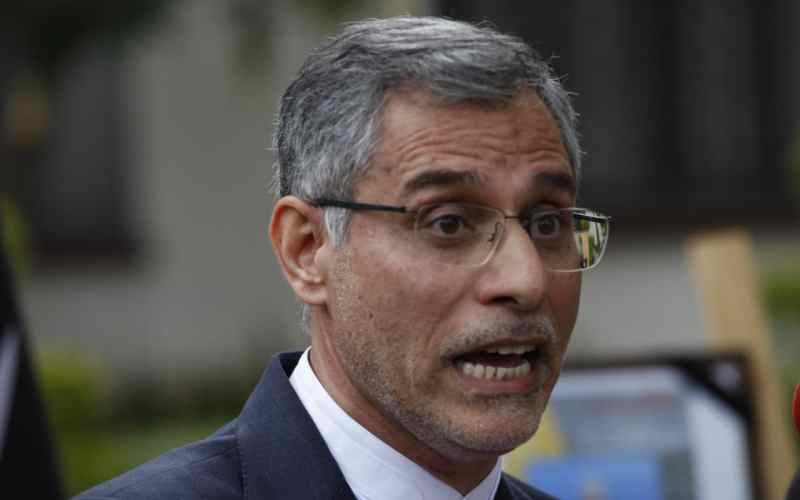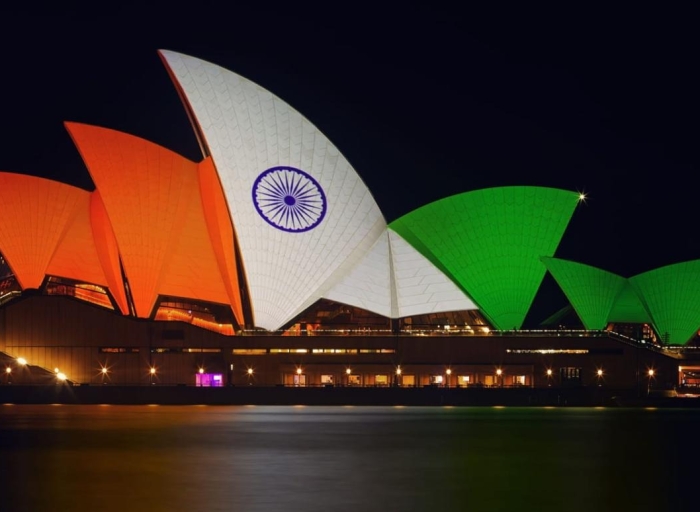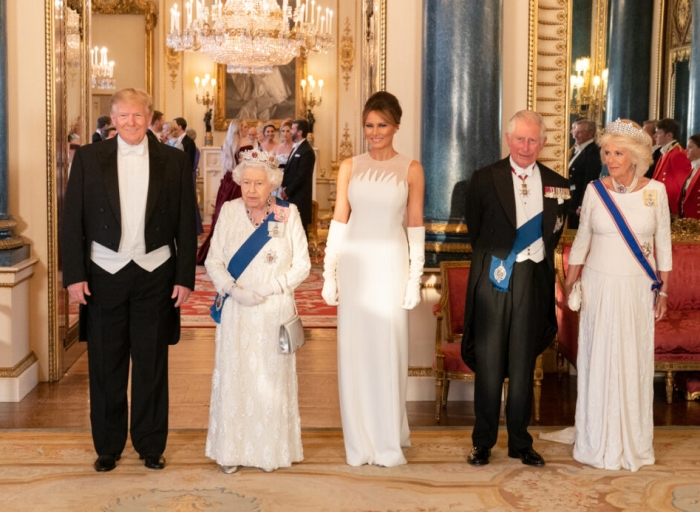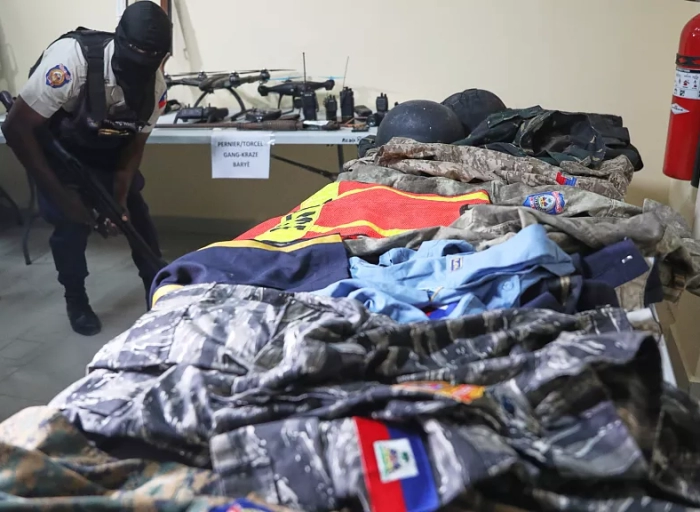Iran’s Ambassador to Kenya, Ali Gholampour, has strongly rejected assertions that Iran is diplomatically isolated amid escalating tensions with Israel. Speaking on Capital in the Morning, Gholampour labeled the isolation narrative as “absolutely fabricated and misleading,” citing widespread international condemnation of the recent Israeli attacks on Iranian facilities.
Gholampour referenced the June 13 Israeli airstrikes targeting Iranian nuclear sites and senior officials, asserting that more than 120 countries, as well as major global and regional organizations—including the Arab League, Non-Aligned Movement, Gulf Cooperation Council (GCC), and Organization of Islamic Cooperation (OIC)—have spoken out against the assaults. Countries such as Oman, Türkiye, Qatar, the UAE, and global entities like the United Nations and International Atomic Energy Agency (IAEA) were among those who denounced the strikes as violations of international law.
The ambassador further emphasized support from civil society, including in Kenya, noting that grassroots organizations and NGOs have voiced solidarity with Iran and opposition to the aggression.
Gholampour defended Iran’s retaliatory military response as a legitimate act of self-defense under Article 51 of the UN Charter. He claimed the attacks resulted in the deaths of over 1,100 people, including 700 civilians, and condemned them as war crimes under the Geneva Conventions.
Touching on nuclear oversight, Gholampour criticized what he described as a double standard, pointing out that Iran remains under strict IAEA surveillance while Israel faces no comparable scrutiny. “More than 50% of the IAEA’s budget is spent on Iran’s inspections. We are one of the most monitored nations,” he said.
He also criticized the United Nations Security Council for its perceived inaction in holding Israel accountable, referencing the precedent set by Resolution 487 (1981), which condemned Israel’s bombing of Iraq’s nuclear facilities.
The rising diplomatic tension comes amid a volatile Middle East landscape, following Iran’s missile strikes on Israeli targets in April—retaliation for an Israeli airstrike on its consulate in Damascus. While Israel and the U.S. accuse Iran of fueling instability through regional proxies, Gholampour maintained that Iran advocates peace and multilateral cooperation.
“We call on all peace-loving nations to condemn these aggressions and work together to prevent further violations,” he concluded.




